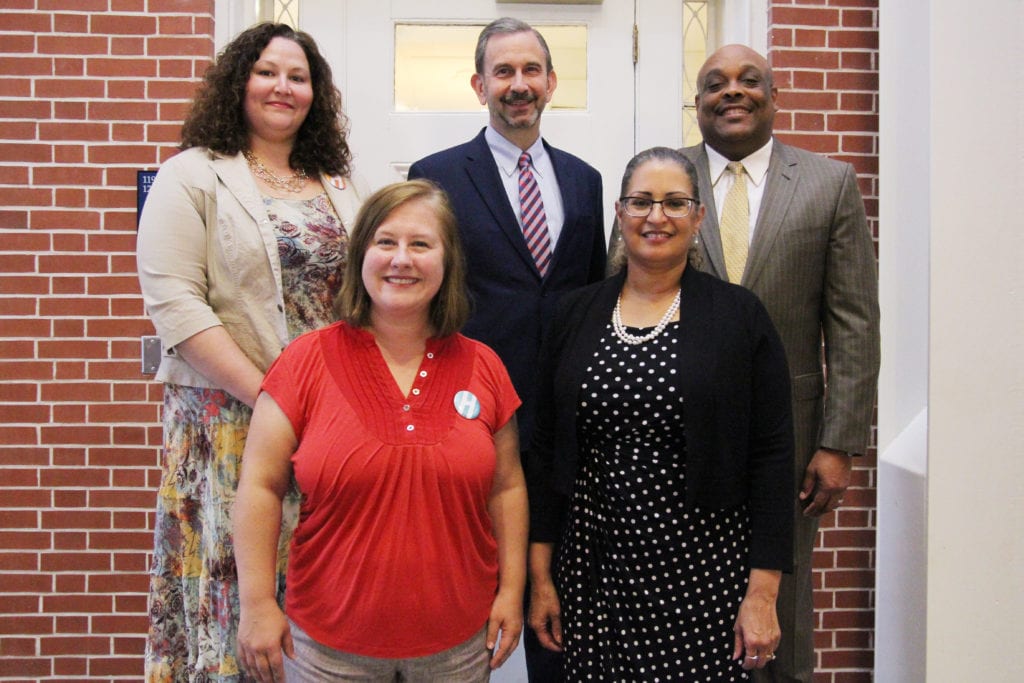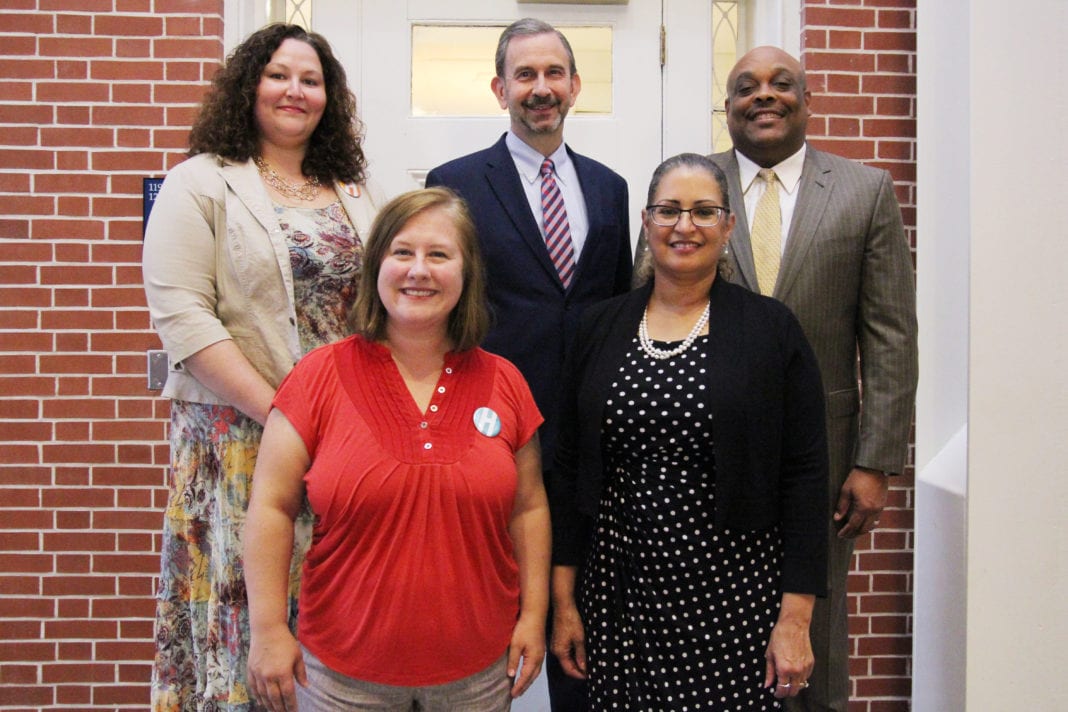The New Jersey Council for the Humanities (NJCH) has awarded $19,974.00 to the Thomas Edison State University Foundation for the project Cultural Conversation Circles – A Humanities Approach to Cultural Competency in NJ Public Schools and the Communities They Serve as part of its commitment to create culturally and linguistically responsive communities.

“In New Jersey, we are fortunate to have so many institutions and organizations committed to encouraging members of their communities to think deeply about their view of the world and the views of others,” said Director of Grants & Programs Gigi Naglak. “All of our recent Action Grant recipients proposed projects that take a proactive approach to using the power of the humanities to address and explore significant topics and issues. The residents of New Jersey benefit greatly from these grant projects and their long-lasting effects.”
The program, which is under the direction of The John S. Watson Institute for Public Policy’s Center for the Positive Development of Urban Children (CPDUC), will use lessons learned from its 12-year evidence-based New Jersey Cultural Competency and English Language Learners (ELL) Institute/Mentoring Program working with teachers and school leaders in creating culturally and linguistically responsive classrooms to design cultural conversation circles with parents, students, community providers and residents to create culturally and linguistically responsive communities. The Cultural Conversation Circles project will host six dinners, dialogues and deliberate cultural simulations that provide meaningful understanding of the power of diversity.
Since 2007, the ELL program has transformed the thinking/instructional practices of more than 290 teachers and 200 leaders in 99 schools. Evaluations demonstrate the program’s positive impact on teachers’ ability to become culturally and linguistically responsive to the academic/social needs of their diverse students.
As a humanities-focused nonprofit re-granting organization, NJCH awards Action Grants from $2,000 to $20,000 to implement or expand programs. Action Grants help organizations implement a wide array of humanities-based projects, including public programs, exhibitions, installations, tours and discussion groups. Each dollar invested into communities through the grant program is matched by the grantee partners.
“The NJCH funding support will enable this new part of the program to expand its reach in New Jersey, and include families and the public in a productive dialogue about an appreciation of culture and language in the education of our children,” said Ana Berdecia, director of the Center. “Participants will see the connection between embracing others’ cultural identities and how acceptance and appreciation can fuel community members’ success and broaden their global perspectives to become world changers.”





